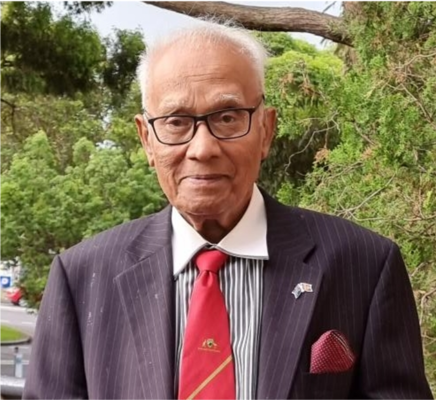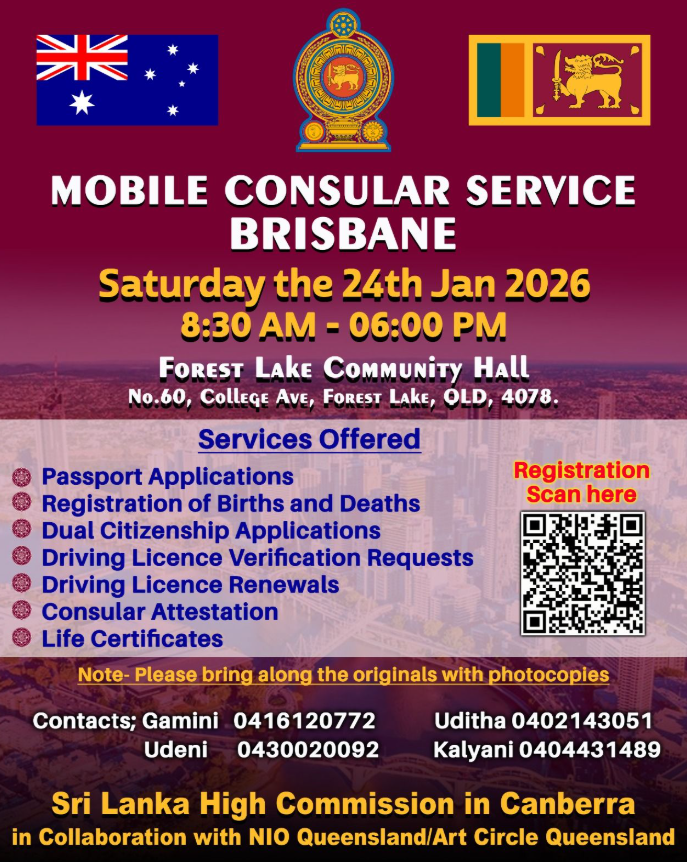Potential Reactions of Benjamin Netanyahu to the Establishment of a Palestinian State – Dr Harold Gunatillake

An Analysis of Possible Political and Diplomatic Responses
Image Source : foreignpolicy.com
While Netanyahu may not have said he is backing down, there is growing support for peace and a ceasefire, even within Israel.
To date, he has rejected all calls to end his vicious war in Gaza. He has said that he will not recognise a Palestinian State.
Netanyahu has attacked the recognition of a Palestinian state by multiple Western countries in a speech tailored mainly to a US audience. The Israeli prime minister included references to 9/11 and held up a card citing extremists who shout “death to America”. Watch the key moments. As US state department correspondent Tom Bateman writes, the speech’s appeal to Trump-supporting Americans is a sign that Netanyahu might be aware of polls suggesting a drop in US support for Israel over its conduct in Gaza.
Large protests against the war took place as Netanyahu spoke. After the speech, President Trump separately told reporters, “I think we have a deal on Gaza”, BBC News.
Introduction
The prospect of Palestine being officially recognised as an independent and separate state is a significant and highly contentious issue in Middle Eastern politics. As of the current date, Benjamin Netanyahu is a key figure in Israeli politics, having served multiple terms as Israel’s Prime Minister. His response to such a development would be shaped by his longstanding political positions, the dynamics of the Israeli coalition government, regional security concerns, and international pressures.
Netanyahu’s Historical Stance on Palestinian Statehood
Netanyahu has consistently articulated scepticism regarding the establishment of a fully sovereign Palestinian state, particularly one with autonomous military and border controls. He frequently references security considerations, the necessity for demilitarisation, and the acknowledgement of Israel as a Jewish state as prerequisites for any potential agreement. In public declarations, Netanyahu has cautioned that an improperly structured Palestinian state could endanger Israel’s security and stability.
Likely Immediate Political Reactions
- Condemnation of Unilateral Moves: Netanyahu is likely to strongly condemn any unilateral declaration or recognition of Palestinian statehood, particularly if it occurs outside the framework of direct negotiations with He may argue that such actions undermine peace efforts and violate previous agreements.
- Diplomatic Pushback: Netanyahu would probably engage in active diplomacy to rally support from allies such as the United States, the United Kingdom, and Australia to oppose recognition of a Palestinian state without a negotiated
- Appeals to Israeli Security: Emphasising the need to protect Israeli citizens, Netanyahu may highlight the risks of increased violence or instability, mainly if new borders are not clearly defined or if security arrangements are not
Potential Policy Actions
- The Israeli government under Netanyahu might boost military readiness, strengthen border security, or introduce new restrictions on movement to respond to perceived Settlement activity could also intensify, with more construction in contested areas as a means to demonstrate presence or strengthen Israel’s position. Additionally, Netanyahu’s administration might pursue laws or administrative actions to affirm Israeli sovereignty in parts of the West Bank or to push back against international recognition of Palestinian statehood.
International Relations and Diplomacy
Netanyahu’s reaction on the global stage would likely involve a major diplomatic campaign to persuade countries and multilateral organisations to refrain from recognising Palestine as a state outside of a negotiated settlement. He might also seek to leverage existing agreements, such as the Abraham Accords, to reinforce Israel’s regional alliances.
Conclusion
In summary, if Palestine were to be declared a separate state, Benjamin Netanyahu is anticipated to respond with strong opposition, both rhetorically and through political and security measures. His actions would be directed towards safeguarding Israel’s interests, preserving domestic political support, and
minimising the international momentum for unilateral recognition of Palestinian statehood. The situation would remain dynamic, influenced by regional developments and the reactions of other key international actors.
Corollary
The Abraham Accords, which formalised the alignment between Israel and some Arab countries, have had far-reaching implications for the geopolitical and security landscape of the Arab World and the broader Middle East. The United States (US) orchestrated the agreement, which was signed by Israel, the United Arab Emirates (UAE), and Bahrain in 2020, with Morocco and Sudan following suit. While regarded in mainstream circles as a milestone in Arab-Israeli relations and a beacon of hope for peace, stability, and prosperity, the accords’ true intentions are not as peaceful as they appear. As noted by one observer, the Accords amount to an arms deal.1 In fact, the Accords do not resolve regional conflicts, nor do they intend to do so.
Instead, they allowed Israel to expand its sphere of influence and leverage its military superiority. In return, Arab countries have sought to gain access to Israeli military technology and expertise, which have been developed over decades of violent





















